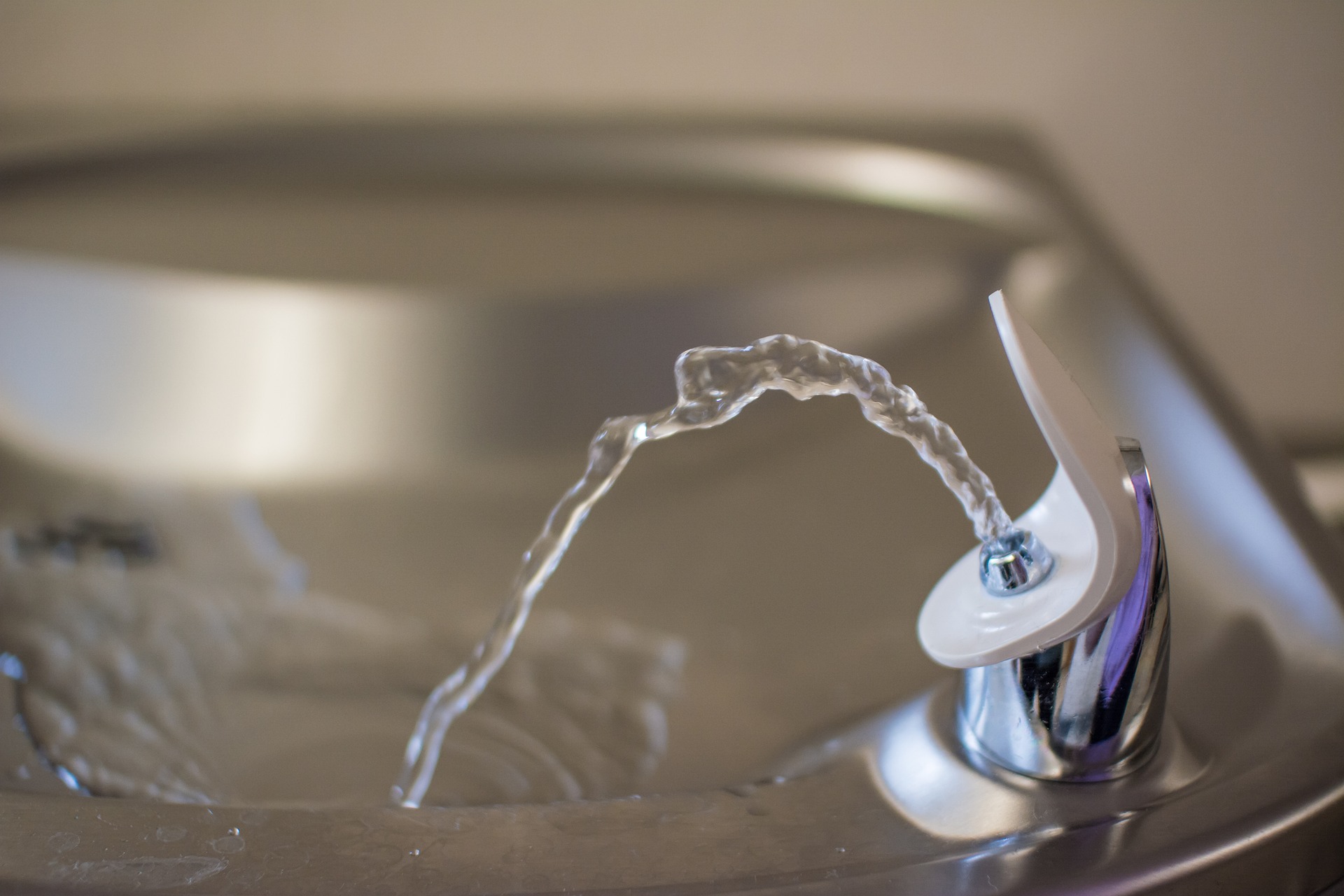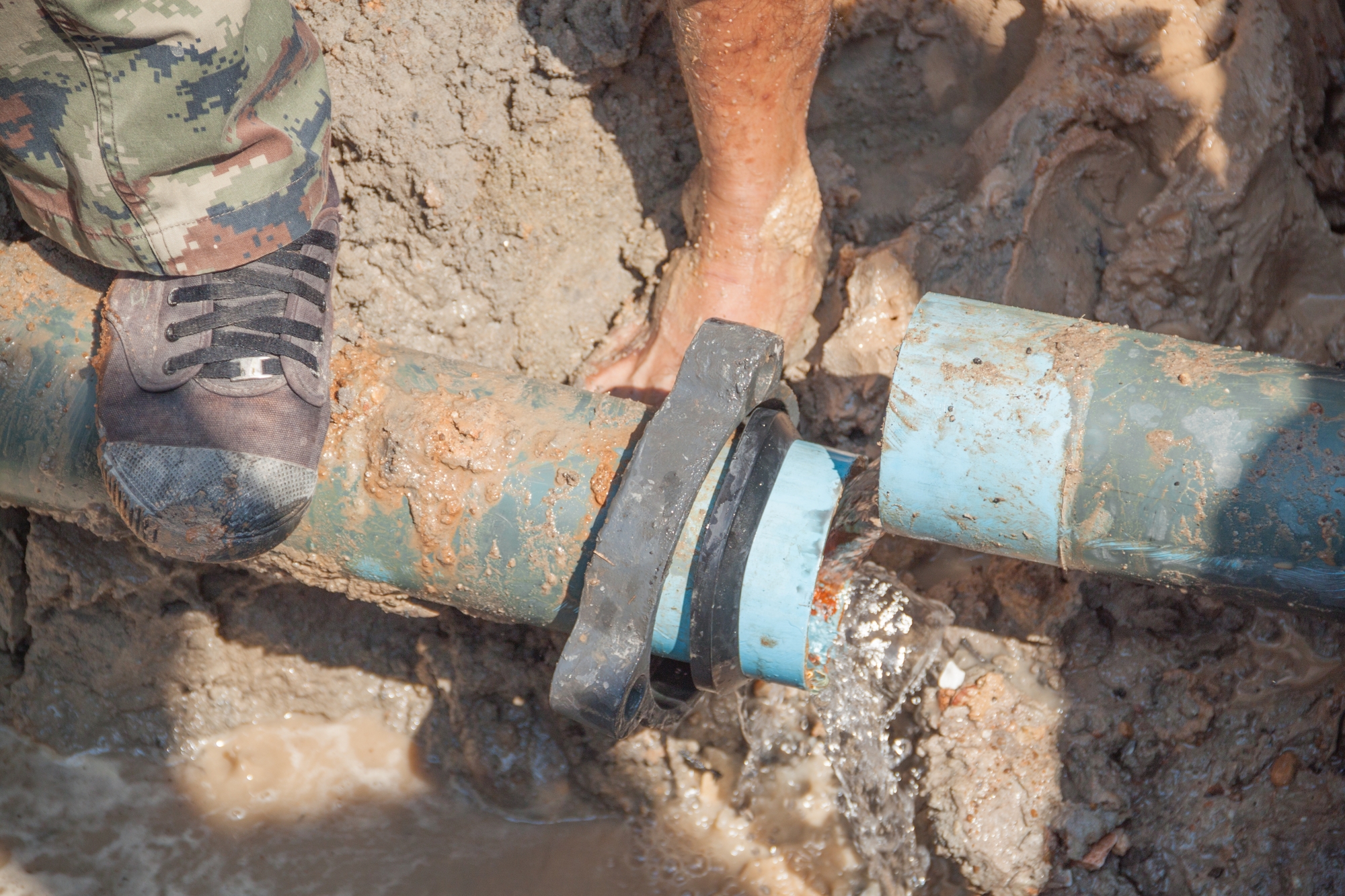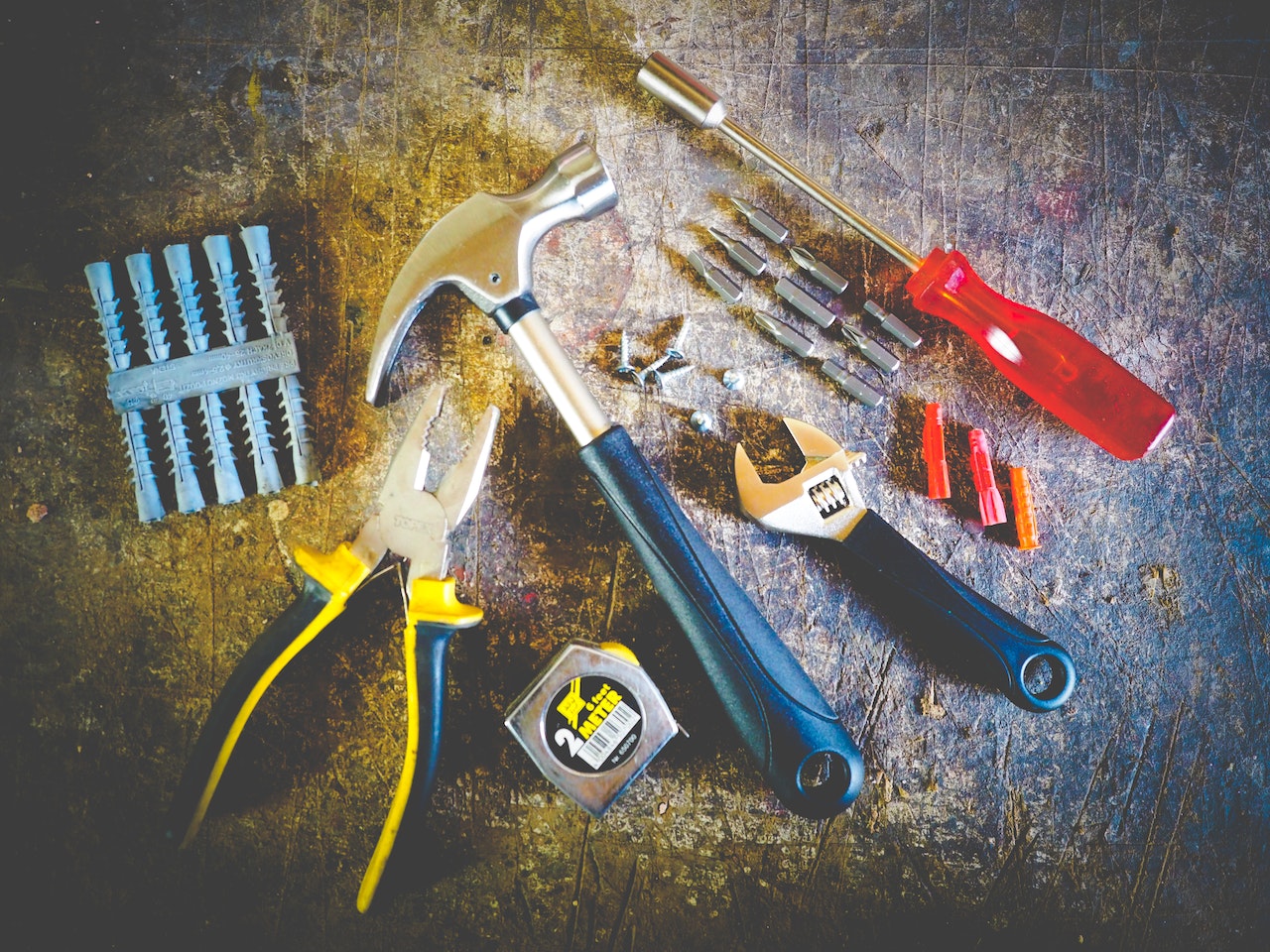When it comes to DIY plumbing tasks, it’s important to always practice safety first. One common practice that can lead to accidents is the improper use of ladders. That’s why in this article, we’ll be discussing the proper technique for ladder leaning and safety tips to prevent accidents.
First, always choose the right ladder for the job. Consider the weight capacity, height, and type of ladder you need. For example, if you need to reach a roof, an extension ladder is necessary. A step ladder is great for smaller tasks such as replacing light bulbs.
The next important step is to inspect the ladder before use. Check for any cracks, loose screws, or bent parts. Make sure that all parts are secure and stable.
Now, let’s talk about the proper technique for ladder leaning. Always ensure that the ladder is placed on a level surface and that the base of the ladder is secure. Use the “four-to-one” rule to determine the correct leaning angle for your ladder. This means that for every four feet of ladder height, the bottom of the ladder should be one foot away from the surface it’s leaning on.

For example, if you’re using a 16-foot ladder to reach the roof, the base of the ladder should be 4 feet away from the structure or wall it’s leaning on. This will provide stability and prevent the ladder from tipping over.
When climbing the ladder, always face the ladder and use both hands to grip the rungs. Avoid leaning or overstretching to reach your desired destination. It’s important to stay centered on the ladder and keep your weight balanced as you climb.
Now, let’s talk about ladder safety tips to prevent accidents. First, always wear slip-resistant shoes to prevent falls. Avoid using the top rungs of the ladder and never stand on the top platform or cap. This can cause the ladder to become unstable and increase the risk of falls.
Never leave a ladder unattended, especially around children or pets who may play on or around it. Lastly, if you feel uncomfortable or unsafe on the ladder, do not continue. Ask for assistance or call a professional plumber who has the proper equipment and safety training.

In conclusion, ladder safety is crucial for any DIY plumbing task. Always choose the right ladder for the job, inspect it before use, and follow the proper technique for ladder leaning. Remember to take the necessary safety precautions to prevent accidents and never hesitate to call a professional if needed. If you’re in need of plumbing services, visit aceplumbingrepair.com or call us at (844) 711-1590 for expert assistance.






